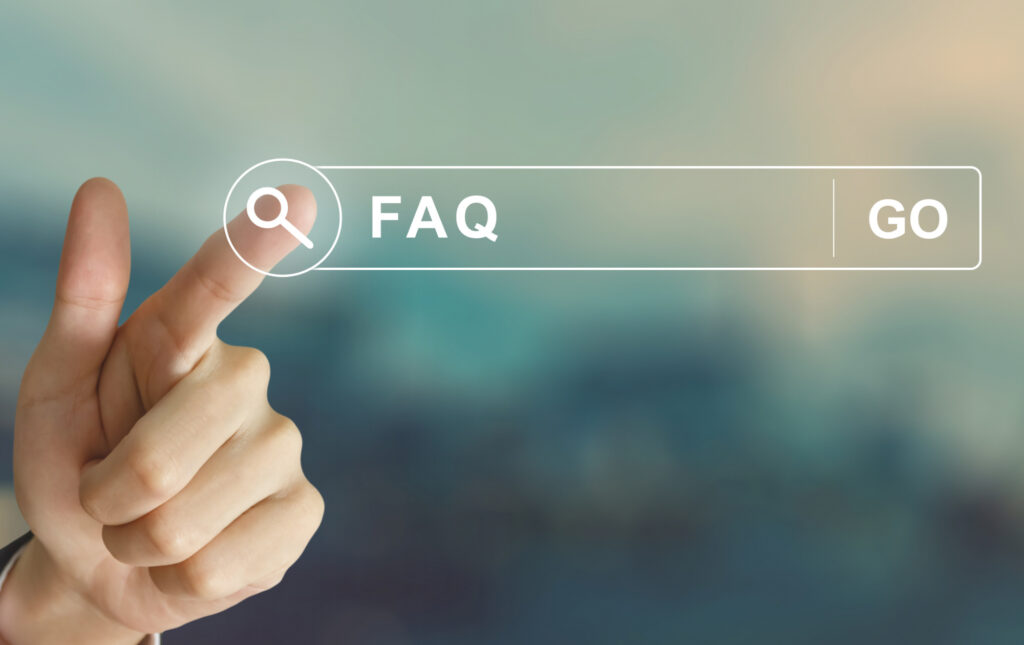How to deal with difficult people during Internal Audits
Published on: May 23, 2023
If you’ve only just started to conduct Internal Audits, you may be worried about encountering difficult people during an audit. Or perhaps you’ve been conducting Internal Audits for years, and have already experienced a challenging situation with an auditee. In saying that, how can you deal with difficult auditees, while sticking to the audit objectives? In this blog, we are going to provide you with 10 tips on how to navigate through these types of situations, with some proven strategies to ensure a successful audit.
As an internal auditor, you’re likely to encounter a range of personalities and attitudes during your audits. While most auditees are cooperative and engaged, some can be difficult to deal with. These individuals may resist change, refuse to provide necessary information, or simply make the process more complicated than it needs to be. Handling these situations can be challenging, but it’s essential to maintain a professional demeanour and achieve your audit objectives.
Here’s 10 tips on how to deal with difficult people during internal audits. By following these strategies, you’ll be better equipped to navigate challenging situations and ensure the success of your audit.
1. Set clear expectations
Before the audit, it is essential to set clear expectations for the auditees. Explain the purpose of the audit, what information will be required, and how the information will be used. Be transparent about the process and what is expected from them. When people understand what is expected of them, they are more likely to cooperate. In addition, you can always refer back to the initially defined audit objectives and purpose when people question things during the audit. Most importantly, highlight that you are auditing the process, not the people.
2. Keep calm and professional
When dealing with difficult people, it’s important to remain calm and professional. Don’t let their behaviour or emotions escalate the situation. Stay focused on the objectives of the audit and maintain a respectful tone. Keep in mind that your goal is to identify areas for improvement, not to criticise or blame individuals – in fact, it’s important to remind auditees of this as well.
3. Listen actively
Active listening is a critical skill when dealing with difficult people. Listen carefully to what they are saying and try to understand their perspective. Ask open-ended questions to encourage them to share more information. This will not only help you gain a better understanding of their concerns, but also demonstrate that you are genuinely interested in their input.
4. Address concerns
If a difficult person raises a concern, address it promptly and professionally. Acknowledge their perspective, explain the rationale behind the audit, and provide a clear response. If necessary and in the scope of the audit, take the time to investigate the issue further and follow up with the person once you have more information.
5. Stay focused on the objectives
It’s easy to get sidetracked when dealing with difficult people during internal audits, as they might become argumentative, disruptive, and go off topic. However, it’s important to stay focused on the audit objectives and not get drawn into personal attacks or irrelevant arguments. If the situation becomes too contentious, take a break, and regroup before continuing the audit.
6. Ask open-ended questions
Asking open-ended questions in a respectful and non-judgmental way can help you gather more information and gain a better understanding of the situation. By asking questions that cannot be answered with a simple “yes” or “no”, you can prompt the auditee(s) to provide more detailed and thoughtful responses. This will help the auditee to feel heard and understood.
7. Be clear and concise

When communicating with difficult people, it’s important to be clear and concise. Avoid using jargon or technical terms that may confuse the auditee or sound condescending. Use simple language and explain things in a way that is easy to understand.
8. Offer guidance and support
Some auditees may be difficult because they are not familiar with the audit process or the requirements, causing them to feel anxious or overwhelmed. In this case, it is essential to offer guidance and support. Explain the process and the requirements, and provide guidance on how to meet them. This can help to build trust and reduce resistance.
9. Document everything
Documenting everything during the audit is essential, especially when dealing with difficult people. Keep detailed notes of any issues, concerns, or disagreements. This will help you stay organised and provide an accurate record of the audit process.
10. Follow up
After the audit, follow up with the difficult person or people to address any outstanding issues or concerns when applicable. This will demonstrate that you are committed to improving the organisation’s processes and operations.
Dealing with difficult people during Internal Audits is not an easy task, but it is an essential skill that every auditor should possess in case this situation occurs. Auditors need to maintain a professional and objective approach while dealing with difficult individuals, and effective communication is the key to overcoming such challenges. By following the strategies discussed in this blog, you should be able to handle difficult people in a constructive and respectful manner.
If you want to learn more about Internal Audits and how to conduct them effectively, our Management System Internal Auditor Training course is the perfect solution for you. This practical eLearning course will equip you with the skills and knowledge needed to conduct successful internal audits in accordance with the main ISO Management System Standards.
Andressa (alias Andy) is the General Manager of ISO Certification Experts and ICExperts Academy, heading our Marketing department and coordinating the internal improvement initiatives and projects. With an MBA in Project Management, and over 10 years of experience in customer service and project management across many industries, she brings valuable knowledge to the business and our operations. Alongside her professional expertise, Andressa holds a genuine passion for sustainability and the environment.
All information on this blog site is for informational purposes only. As this information is based on our professional experience, opinion, and knowledge, we make no representations as to the suitability of this information for your individual business circumstances. Especiality Pty Ltd trading as ICExperts Academy and all related businesses and brands will not be liable for any errors, omissions, legal disputes or any damage arising from its display or use. All information is provided as is, with no warranties and confers no rights.
We will not be responsible for any material that is found at the end of links that we may post on this blog site. The advice, ideas, and strategies should never be used without first assessing your own personal business situation or seeking professional and/or legal advice. Information may also change from time to time to suit industry and business needs, requirements and trends.



















